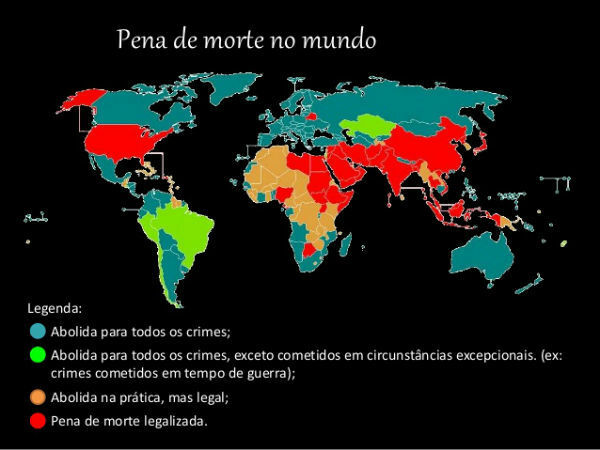Fashion can be defined as irrational and transient behavior models that tend to be repeated in a society whose members yearn for recognition of status by expressing themselves through the imitation of the elite. These imitations constitute the channels for the demonstration of collective tastes and dispositions and can lead to basic changes not only in the subjective life of people, especially the younger ones, but also in their order normative.
Fashion is described as a recurrent cultural model, found in societies that have open class systems, and can be considered a mediation of fashion and custom. Fashion does not exist in tribal and classless societies.
Taking any social group as the unit of analysis, we realize that fashion becomes a matter of imitating higher classes for the immediately lower classes, in the dispute for (superficial) and (unstable) symbols status. Fashion is a form of imitation, of social differentiation, but, paradoxically, because of its constant change, it differentiates one time from another and one social stratum from another. It unites those of one class and segregates them from other social classes. The elite initiates a fashion, and when the mass imitates it, in an effort to eliminate external class distinctions, that same elite abandons fashion for another new fashion.
Do not stop now... There's more after the advertising ;)
The very nature of fashion demands that it be followed at a certain time by a part of a certain social group. As fashion spreads, it gradually comes to an end.
The term fashion applies not only to clothes, shoes, clothing in general, but to any recurring activity that satisfies the interests of a large number of people.
We cannot forget that another major influence on fashion is market-driven consumerism, as it is only in the fashion is the one who can buy what is new, and it matters little if a certain product affects the health of the consumer. For example: it is not thinking about women's health that manufacturers, and the media in general, launch the fashion that in a certain time is a sign of elegance to wear shoes with thin heels and in other years good taste is presented in the use of shoes with heels thick. The cost of keeping in fashion goes beyond the simple consumption of products, which can cause, at the limit, an identity conflict in the individual.
Orson Camargo
Brazil School Collaborator
Graduated in Sociology and Politics from the School of Sociology and Politics of São Paulo – FESPSP
Master in Sociology from the State University of Campinas - UNICAMP
Would you like to reference this text in a school or academic work? Look:
CAMARGO, Orson. "Fashion, status recognition"; Brazil School. Available in: https://brasilescola.uol.com.br/sociologia/padrao-sociedade.htm. Accessed on June 27, 2021.

